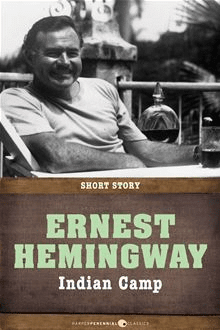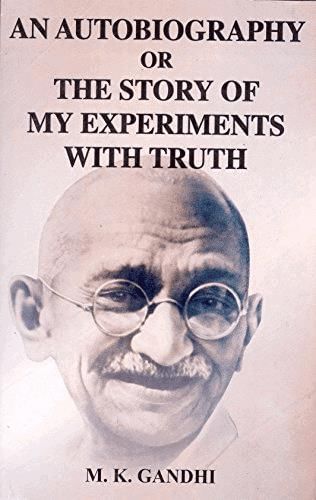Narrator Point of View - Analysis, Indian Camp | Indian Camp - Summary, Themes & Characters - Novels PDF Download
Third Person (Limited Omniscient)/Nick
Nick is like our set of eyes—and, in a slightly weirder way, like our brain. Even though the story is told from a third-person perspective, it's a third person that describes Nick's view of things, both in terms of what he sees and how he feels about what he sees. First of all, Nick is the one doing all of the perceiving:
Nick heard the oarlocks of the other boat… (3)
Nick lay back with his father's arms around him. (3)
When other people perform actions, it's Nick who describes them:
While his father washed his hands very carefully and thoroughly, he talked.(21)
How are you supposed to know that this is Nick's view, you ask? Well, a neutral narrator might have called Nick's father something other than Nick's father—like, say, Dr. Adams. The fact that this character is described only in terms of his relationship to Nick gives us a pretty big hint that Nick is the one doing most of the thinking here. As far as we know, anyway, no one calls our dad that but us.
But then you might be wondering why Nick doesn't just call him Dad. The answer is because this isn't a story told from a first-person perspective; if it were, we could imagine Nick thinking something like "My father washed his hands very carefully." But it's a murky middle ground in "Indian Camp" because of this lil' ole thing called free indirect discourse. Here it is in all it's crowning glory:
It all took a long time. (25)
That's it? Yup, and here's why: who is thinking that it all took a long time? The narrator? The narrator isn't a real person. No, the person who thought this is the person who feels how much time it takes. That person is, yep, you guessed it, Nick. It's the only way the line makes any sense. What's more, you probably processed all of this information without even thinking about it. It's a really clever technique that doesn't muddle up the story's language with a lot of he said/he thought boringness. After all, why bother saying it when it's already implied?
FAQs on Narrator Point of View - Analysis, Indian Camp - Indian Camp - Summary, Themes & Characters - Novels
| 1. What is the narrative point of view in the story "Indian Camp"? |  |
| 2. How does the narrative point of view affect the reader's understanding of the events in "Indian Camp"? |  |
| 3. What is the significance of the Indian camp in the story? |  |
| 4. How does the narrative point of view contribute to the portrayal of the characters in "Indian Camp"? |  |
| 5. What effect does the narrative point of view have on the overall tone and atmosphere of "Indian Camp"? |  |































